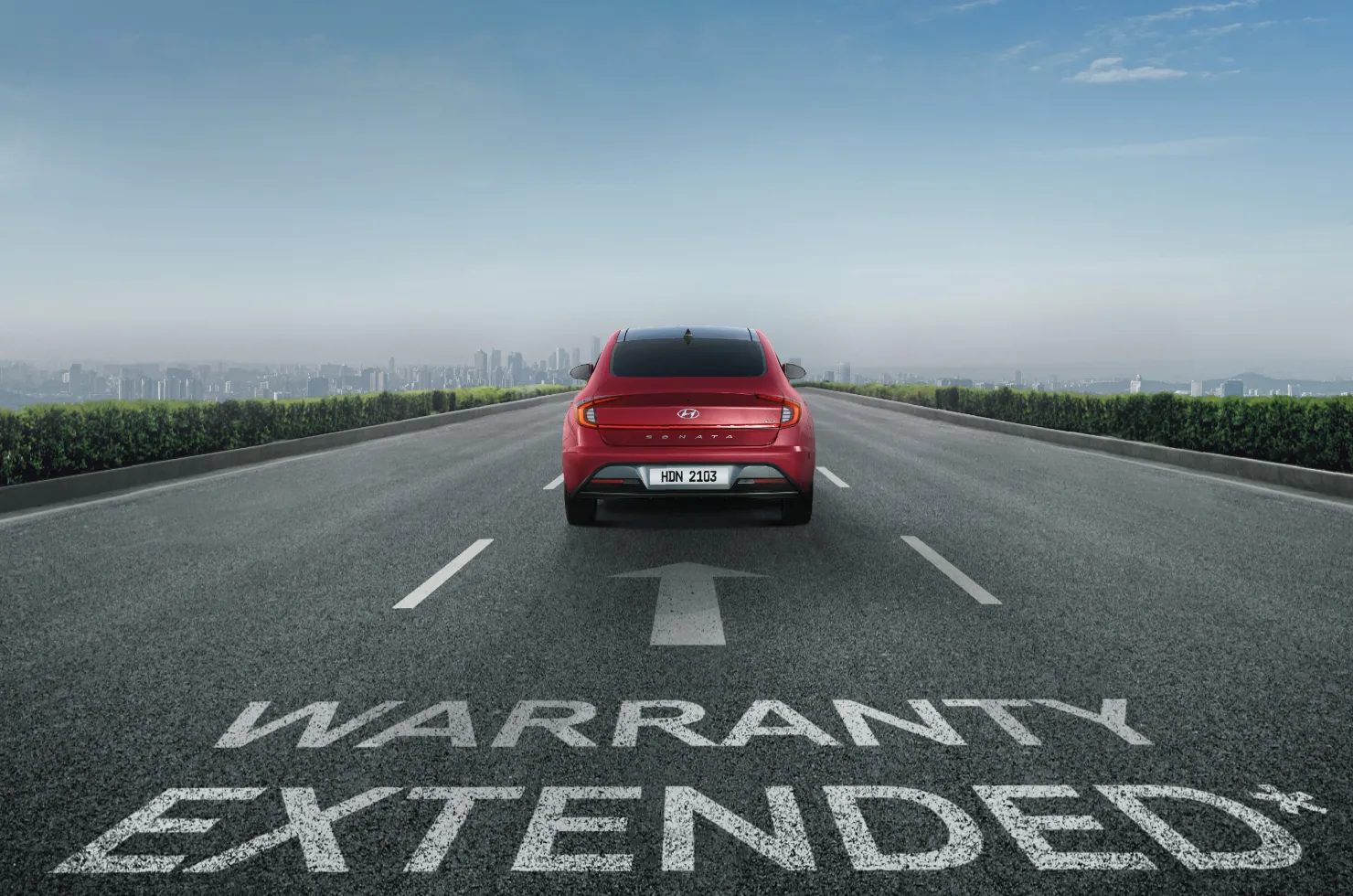
What is a Car Warranty Extension?
A car warranty extension, also known as an extended warranty or service contract, is a policy that extends the coverage of your vehicle beyond the original manufacturer’s warranty period. While the original warranty typically lasts for a few years or a set number of miles, an extended warranty kicks in once that coverage ends, ensuring that you’re still protected against major repairs and potential breakdowns.
It’s important to note that an extended warranty isn’t actually a “warranty” in the strictest sense, but a service contract that provides protection for a specified period or mileage.
Types of Car Warranty Extensions
www.truthin 24.com come in several types, each offering different levels of coverage. It’s essential to understand these options to choose the right one for your car’s needs.
-
Manufacturer’s Extended Warranty
The manufacturer’s extended warranty is typically offered by the vehicle’s original maker. This extension provides the same coverage as the original warranty and is often backed by the carmaker. These warranties tend to be the most reliable and may include roadside assistance, trip interruption coverage, and more. However, they can be more expensive than third-party options. -
Third-Party Extended Warranty
Third-party extended warranties are offered by independent companies that are not affiliated with the vehicle’s manufacturer. These plans often provide a wider variety of coverage options and pricing. However, it’s important to research the reputation of the third-party company, as their reliability and customer service can vary. Some third-party warranties may not be accepted by all repair shops or dealerships, which can limit your choices for service. -
Powertrain Coverage
A powertrain warranty extension covers the essential mechanical components of your vehicle, such as the engine, transmission, and drivetrain. This type of coverage is usually more affordable than full bumper-to-bumper warranties and is ideal for those who want protection for the vehicle’s most critical parts. -
Bumper-to-Bumper Coverage
A bumper-to-bumper warranty extension covers virtually everything in your car, from the bumper to the bumper (hence the name). This is the most comprehensive type of coverage available, and it protects a wide range of parts, from the air conditioning system to the electrical components. However, this type of warranty tends to be the most expensive. -
Powertrain and Bumper-to-Bumper Hybrid
Some extended warranties offer a hybrid option, which includes both powertrain and select bumper-to-bumper components. This option strikes a balance between coverage and price, ensuring that your car’s essential parts are protected while keeping the cost lower than a full bumper-to-bumper warranty.
What Does a Car Warranty Extension Cover?
The coverage provided by a car warranty extension depends on the type of plan you choose. However, common items typically covered by these warranties include:
-
Engine
The engine is one of the most expensive parts to repair or replace. Many extended warranties cover engine components, including the timing belt, water pump, and cylinder head. -
Transmission
Transmission repairs can also be costly. A warranty extension often includes coverage for the transmission, including parts like the clutch, torque converter, and seals. -
Electrical Components
Modern vehicles are packed with electrical systems, such as power windows, airbags, and sensors. These parts can be expensive to repair, and many extended warranties offer protection for electrical issues. -
Suspension and Steering
The suspension system (shocks, struts, and related components) and steering mechanisms are also commonly covered in extended warranties. -
Air Conditioning and Heating
HVAC (Heating, Ventilation, and Air Conditioning) systems are essential for comfort, and repairs to these systems can be expensive. Extended warranties often cover the compressor, condenser, and related parts. -
Fuel and Emissions Systems
Coverage for the fuel and emissions systems is another common inclusion. This can cover repairs to the fuel tank, fuel pump, exhaust system, and catalytic converter.
What’s Not Typically Covered by Extended Warranties?
While extended warranties can offer significant coverage, there are some areas that may be excluded from protection. Common exclusions may include:
-
Regular Maintenance
Extended warranties typically do not cover regular maintenance items, such as oil changes, brake pads, tires, and battery replacements. -
Cosmetic Issues
Any damage that does not affect the car’s functionality, like dents, scratches, or worn upholstery, is usually not covered. -
Pre-existing Conditions
If a problem existed before purchasing the extended warranty, it will generally not be covered. -
Non-Factory Parts
Aftermarket parts or modifications may not be covered under an extended warranty. It’s important to clarify this with the warranty provider before making any modifications to your car. -
Wear and Tear
Issues caused by normal wear and tear, such as brake pad wear or tire wear, are generally not covered.
How Much Does a Car Warranty Extension Cost?
The cost of an extended car warranty can vary widely depending on factors such as:
- Make and Model of Your Car: Luxury and high-performance cars often have more expensive extended warranties due to the higher cost of parts and repairs.
- Length and Coverage Level: The longer the coverage period and the more comprehensive the plan, the higher the cost.
- Vehicle Age and Mileage: Older cars or vehicles with high mileage may have more expensive extended warranties, as they are more likely to need repairs.
- Deductibles: Some extended warranties have deductibles, meaning you’ll pay a fixed amount for each claim before the warranty takes over.
On average, an extended warranty can range from $1,000 to $3,000 for a typical plan. Luxury and extended bumper-to-bumper coverage can push the cost even higher.
When Should You Consider a Car Warranty Extension?
Deciding whether to purchase a car warranty extension depends on several factors:
-
Age and Condition of Your Vehicle
If your car is relatively new and still under warranty, it may not be necessary to extend the coverage. However, as your vehicle ages, the likelihood of needing repairs increases, making an extended warranty a smart investment for peace of mind. -
Cost of Repairs
If you drive a model that is known for costly repairs, or if you prefer not to deal with unexpected repair costs, an extended warranty can be beneficial. -
Manufacturer’s Reputation
Some manufacturers, like Toyota and Honda, are known for their reliability and lower likelihood of costly repairs. In such cases, you might not need an extended warranty. However, other brands may have a higher incidence of mechanical issues, making additional coverage more attractive. -
Your Driving Habits
If you drive frequently or long distances, you might want the added protection of an extended warranty to cover potential repairs in the future.
How to Choose the Right Car Warranty Extension
To make an informed decision, consider the following when purchasing a car warranty extension:
-
Read the Fine Print
Always read the terms and conditions of the warranty before purchasing to understand what’s covered and what’s not. -
Compare Plans
Shop around for extended warranties, comparing coverage, costs, and the reputation of the warranty provider. Look for customer reviews and ratings to ensure the provider is reliable. -
Check for Transferability
Some warranties can be transferred to a new owner if you sell the car, which could increase the resale value of your vehicle. -
Look for Add-ons
Some extended warranties offer additional coverage options, such as roadside assistance, rental car reimbursement, or trip interruption coverage. Consider what’s most valuable to you.
Conclusion
A car warranty extension can provide valuable protection for your vehicle, helping you avoid unexpected repair costs as your car ages. By carefully considering the type of coverage you need, the cost of the warranty, and your vehicle’s reliability, you can decide whether an extended warranty is worth the investment.
Whether you drive a new or older car, understanding the terms and conditions of your extended warranty can help ensure that you make the best decision for your vehicle’s long-term performance and your budget.





